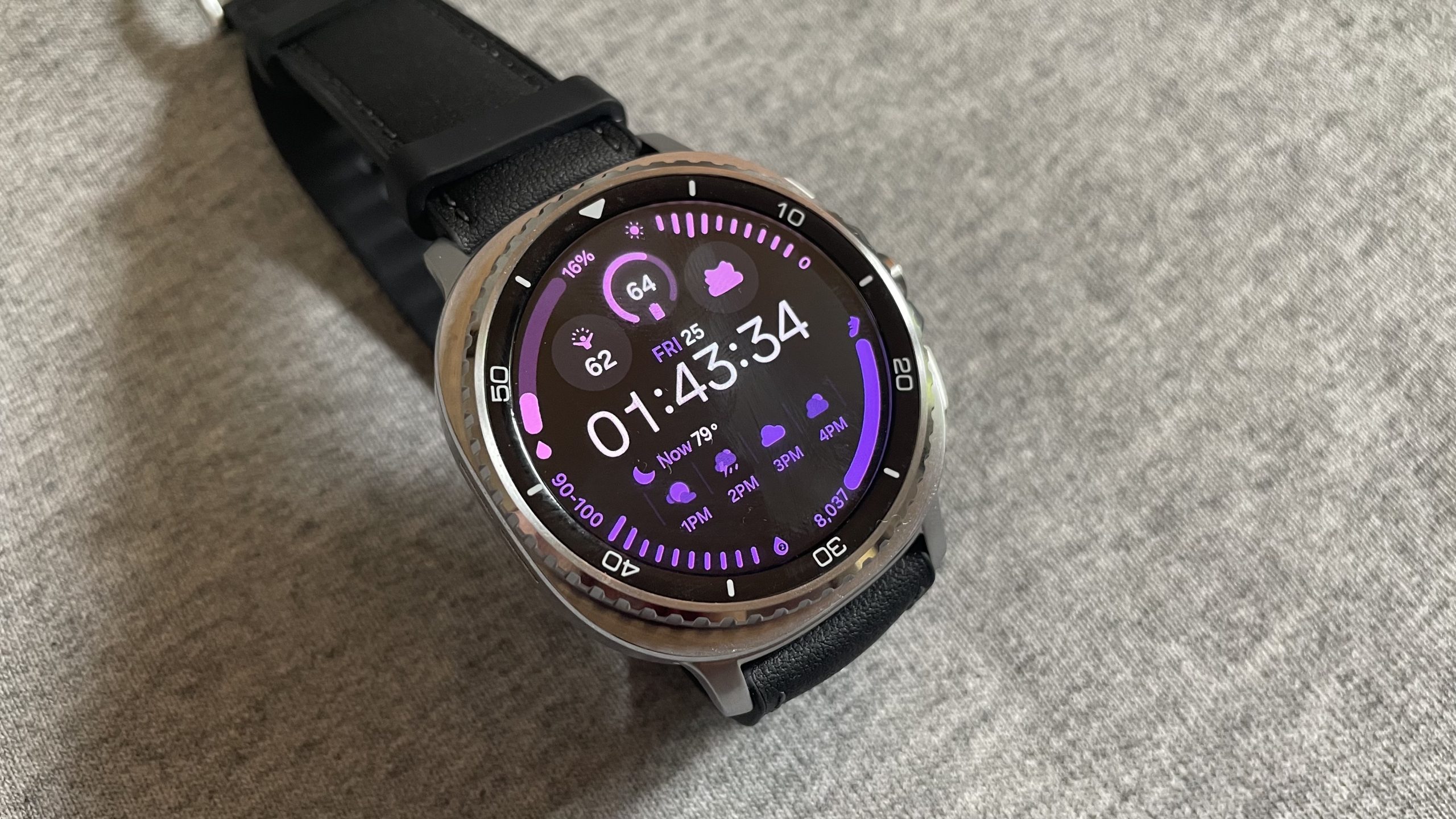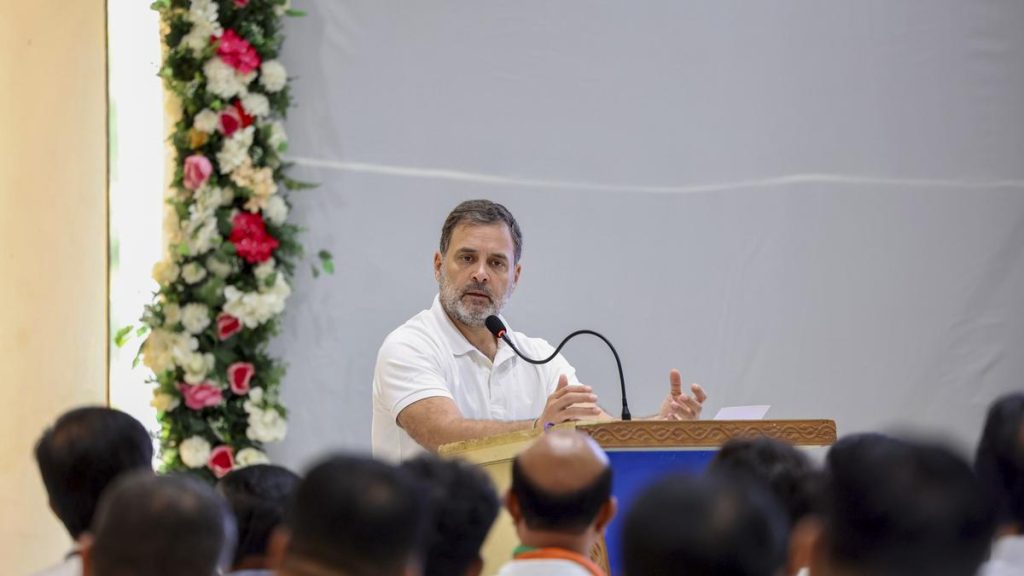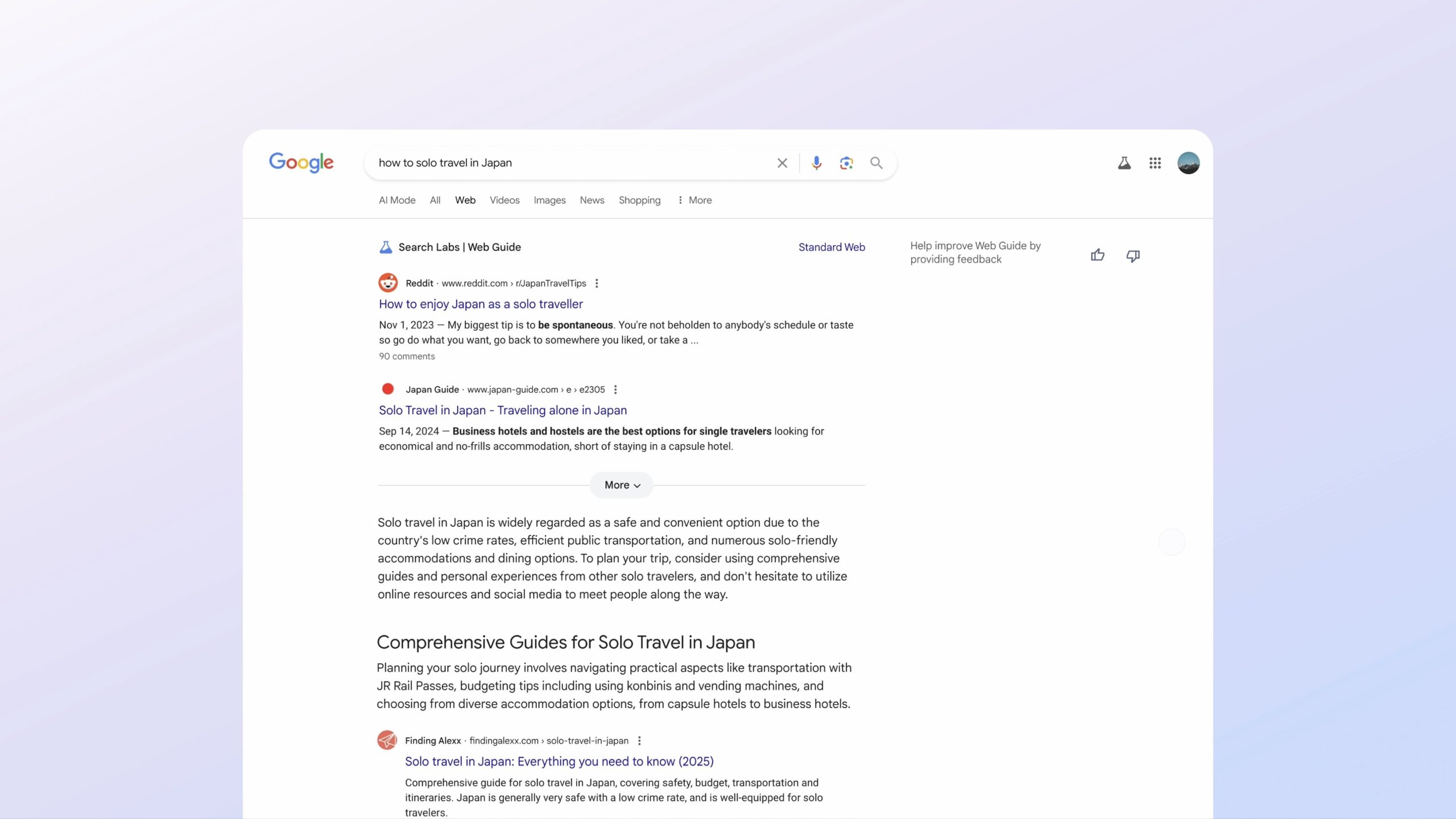Now Reading: Galaxy Watch 8: Four Features That Impress Right Away
-
01
Galaxy Watch 8: Four Features That Impress Right Away
Galaxy Watch 8: Four Features That Impress Right Away

Swift Summary:
- Samsung Galaxy Watch 8 Classic begins shipping today, featuring a rotating bezel tied to scrolling behaviors on the device.
- Reviewers note the rotating bezel feels smooth but is less practical compared to swiping, and scrolling directions may feel unintuitive.
- The watch introduces improved running dynamics metrics displayed clearly post-run, including stride symmetry and other related measurements.
- Transparent heart rate zones adapt dynamically based on recorded max heart rate during workouts. Notifications update users about these changes in real-time.
- watch faces include aesthetic options tailored for fitness activities, such as VO2max displays and shortcuts to start runs directly from the face.
- an “antioxidant index” test analyzes skin tone for beta-carotene levels, possibly corresponding to vegetable consumption but can be easily fooled by non-representative items (e.g., Cheez-Its).
- Features like treadmill connectivity enable seamless integration with gym equipment data. New health metrics like “vascular load index” await further validation.
Image Highlights:
- Rotating bezel usage during workout
!2000×1126.v1753469240.png”>run dynamics
Orange metrics need enhancement; green are good; blue are great. Credit: Beth Skwarecki
- Watch face gallery example
!2000×1125.v1753469240.jpg”>Antioxidant index
Credit: Beth skwarecki
Indian Opinion Analysis:
The Samsung galaxy Watch 8 represents a continuation of innovation in wearable tech aimed at blending fitness tracking with everyday convenience while providing aesthetically pleasing customization options such as tailored watch faces and dynamic metrics updates.
For india-a vibrant market for smart wearables-features like clear metric visualization (stride symmetry or antioxidant tests), adaptive heart rate zones based on real-time adjustments, and treadmill synchronization could appeal to health-conscious consumers seeking reliable tools aligned with modern lifestyles. However, features like the “rotating bezel,” despite their elegant design, may seem redundant if underlying functionality fails to differentiate it from simpler alternatives like touchscreen swiping.
Moreover, skepticism around unvalidated health indices (e.g., antioxidant assessments or vascular load calculations) points toward initiatives that require robust scientific grounding before inspiring widespread trust among buyers globally-including India’s growing demand for credible technology solutions.
India’s rapidly expanding fitness culture makes viable innovations promising for urban users who frequent gyms or enjoy structured training plans using trackers capable of generating meaningful insights across diverse physical activities.
Complete validation of results-especially regarding unique offerings-is critical as Indian customers favor utility-driven purchases over gimmicky features aimed at niche audiences or aesthetics alone. Steady refinement along these lines holds potential within a price-sensitive yet quality-conscious segment keen on adopting new wearables meeting their performance expectations reliably over time.

























